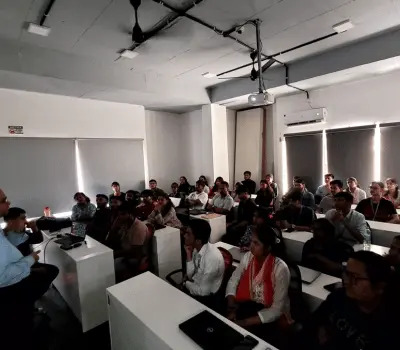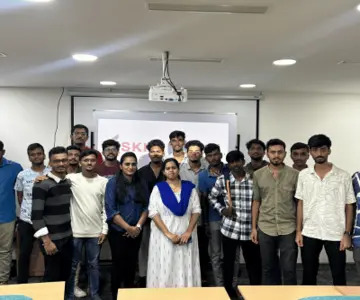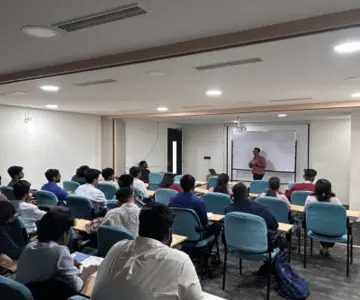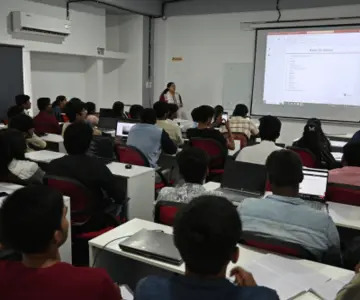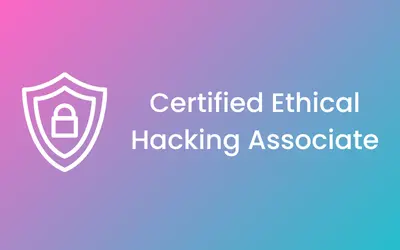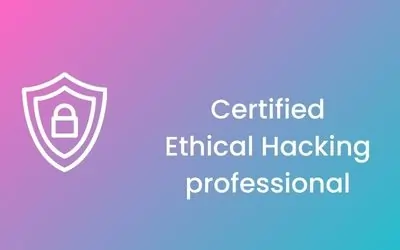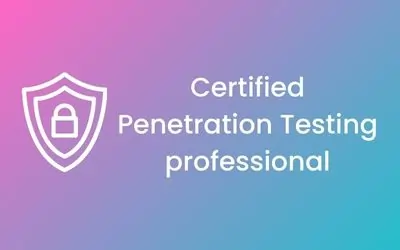CYBER SECURITY TRAINING IN PATNA
-

-
(18472 Reviews)
-
Skills: Develop key skills in cybersecurity, such as protecting networks, ethical hacking, handling security incidents, and managing risks.
-
Career: Explore various career paths like cybersecurity analyst, ethical hacker, security consultant, or network security engineer.
-
Syllabus: Gain knowledge about identifying threats, encryption techniques, writing secure code, following compliance rules, and managing cybersecurity in this all-in-one training program in Patna.















